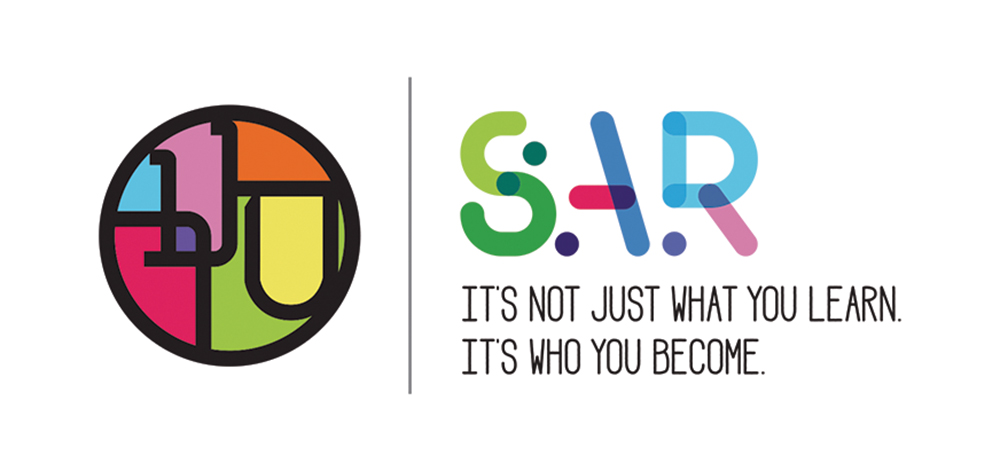
After the atrocities of October 7, the world expressed outrage at the barbarism and butchery of Hamas against innocent civilians. We knew even then that it would take but a few days until the tide would turn and the criticism would be leveled at Israel and the IDF for the intensity of its response. And so it was. As Israel began its air raids, I envisioned the things that would be written and said. What, I asked myself, do our students need to know at this time? What issues will arise for our alumni on campus and, by extension, what voices will echo in our own and our high school students’ heads as we read the criticisms of Israel and the IDF that are sure to come from media and governments around the world?
While I pondered these questions, I took a few days to sharpen my understanding of the IDF Code of Ethics. As high school educators, when something needs attention, we need to figure out what to tell our students, whether or not it is our area of expertise. Or, more accurately, that is our area of expertise: what to say to high school students when something needs to be said.
I learned what I could from Tel Aviv University’s Institute for National Security Studies. I also consulted with Moshe Halbertal, one author of Ruach Tzahal, the IDF Code. I then took 12 minutes at one of our schoolwide tefillot to share the basic principles of the Laws of Armed Conflict: necessity, distinctiveness and proportionality. In those few minutes, we were developing a shared language about the IDF’s commitment to the ethics of war. We are deeply loyal to the State of Israel and the IDF, but we always need to make sure that our loyalty is informed. We must ensure that we and our students understand the ethical principles that guide the IDF and the expectations that they—and all of us—carry. When we share those principles as a school, we build shared values and culture. We strengthen our collective support for Medinat Yisrael as we root it in principled, knowledgeable loyalty.
That very day, October 17, a missile hit near the Al-Ahli Hospital. We feared that it was an IDF strike and experienced a degree of relief when Israel and the U.S. shared evidence that it was a misfired PIJ missile. For me, the same question returned: What must we, the educators, say to our students? The next day, in the same schoolwide tefillah slot, I explained how the Torah teaches the importance of valuing life even in the context of war.
The latter segment of Parshat Shoftim teaches the protocols of war. The unit begins with the drafting of soldiers and the list of those who are exempt from the draft. The Torah describes a milhemet reshut (an optional war) and a milhemet mitzvah (a mandatory war). The beginning of Parshat Ki Tetzei talks about captives at the end of the war. In the middle, there is an unusual ritual of the Egla Arufa, which is performed when a body is found between cities without clear cause. The elders of the city must ask for atonement (kapparah) and state that they were not actively involved in the death, which raises a glaring question: Why is this unit of text placed within a unit on war protocols?
In the midst of teaching about war, the Torah teaches the value of human life. Psychologists describe that in war, because it is not natural for a person to kill another human being, the mind dehumanizes the enemy. Killing causes people to become desensitized to the value of life, making it difficult to remember that every innocent life is of infinite value. The Torah, in the midst of its teaching on war, reminds the society, and each individual within the society, to focus on the value of every human life.
It is vital to make this point out loud to our students. The death of human beings is catastrophic. Judaism is life affirming at its core and sees every human as created in the image of God. While we are permitted to, and must, destroy our enemies, we must always feel the loss of human beings who do not deserve to die. If we neglect to state our values, students can easily forget those values or not know that every civilian life is of infinite value even in a time of war.
This principle is true not only for issues related to Israel but for education generally. For example, we emphasize the language of our school’s mission statement because we want students to internalize its principles, recognizing the unique needs and potential of each individual; probing and engaging the world with humility and openness to God’s creations; immersing themselves in the grand conversation between Torah and the world; shaping an environment where mitzvot inspire respect, obligation and aspiration; and cultivating respect for and devotion to Medinat Yisrael. Those are not just words for us: They—like the words of the IDF Code and the parshiot reminding us to treasure every human life—are central to the culture and values of our community.
This lesson has been crucial to our work over the past six weeks. As teachers and administrators, we recognize that a communal vocabulary—terms and definitions we articulate clearly for one another—is the foundation on which we build our students’ educations. In a world that promotes distorted misrepresentations, we must maintain this shared language in order to build both shared culture and shared values, allowing us to move forward with our ethical sensibilities intact.
Rabbi Harcsztark is the founding principal of SAR High School and Dean of Machon Siach. He is the recipient of the 2017 Covenant Award for Excellence in Jewish Education.
About Machon Siach:
Machon Siach was established in 2015 with a legacy gift from Marcel Lindenbaum z”l, honoring the memory of his wife, Belda Kaufman Lindenbaum z”l.”












